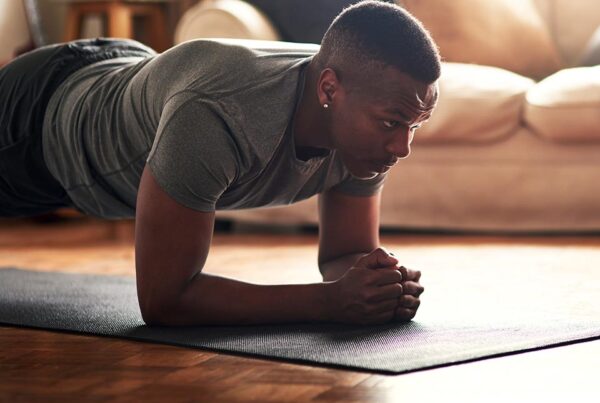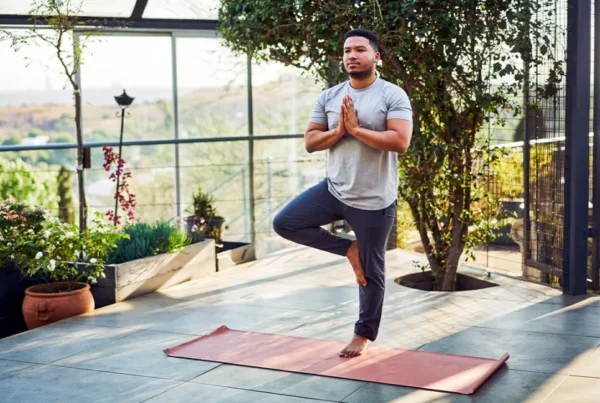Picture this: You start the week strong. Your meal prep is neatly stacked in the fridge, your water bottle is basically glued to your hand, and you’ve convinced yourself that this is finally the week you turn into a kale-loving legend.
Then Friday comes.
Your best friend texts you: “Happy hour?”
Your sister drops by with your favorite cookies because “you looked stressed.”
Your partner orders pizza and says, “Just have one slice… live a little!”
And suddenly your well-planned diet feels like it’s being held together with dental floss and hope.
If this sounds familiar, you’re not alone. Because here’s the truth no one tells you: your social circle plays a bigger role in your diet success than your meal plan ever will. And it’s not always intentional. In fact, most of the influence your friends and family have on your eating habits is so subtle you don’t even notice it happening.
Let’s dive into the fun, messy, and surprisingly fascinating social psychology behind why the people you love can make or break your progress.
1. The “Food = Love” Effect
If your family expresses love through food, you know exactly what this is.
Your mom makes your favorite pasta because “you work so hard.”
Your grandmother practically force-feeds you every time you visit.
Your dad takes you out to eat to “cheer you up.”
To them, declining a meal doesn’t feel like saying “No, thank you.”
It feels like saying “No, thank you.”
This emotional tug-of-war makes dieting more complicated than calories and macros. It becomes tied to relationships, history, culture, and feelings—things that don’t fit neatly into a meal plan.
Why this matters:
Rejecting food can sometimes feel like rejecting a person. So you accept the plate—even when you don’t want it.
2. The Subtle (and Sometimes Not-So-Subtle) Saboteur
Saboteurs aren’t villains. They’re usually people who love you. They also really love the old version of you. The version who split appetizers, said yes to dessert, and indulged without questioning.
So when you start eating differently, it shakes up the unspoken “food agreement” you’ve had with them for years.
And that’s when the sabotage starts:
- “Just one bite, it won’t hurt.”
- “You’re being dramatic.”
- “You don’t need to lose weight.”
- “Come on, you deserve a treat!”
- “It’s rude not to try this—I made it myself.”
This isn’t about your diet.
This is about their comfort.
Eating habits are contagious. When you change, it reminds them they might want to change too—and that can be uncomfortable.
3. The Social Eating Trap
Humans are wired to bond through food.
We celebrate with food.
We connect through food.
We decompress… with—you guessed it—food.
It’s the emotional glue of almost every gathering.
Which means if you’re dieting in a social world, you’re constantly navigating:
- Happy hours
- Birthday dinners
- Work lunches
- Sunday brunch
- Late-night snacks with your partner
- Holidays (the Olympic Games of overeating)
If you don’t plan ahead, social eating will walk right into your diet goals, kick off its shoes, and make itself comfortable.
4. The “Mirror Effect” — You Become Who You Hang Out With
Research shows that people mirror the behavior of those around them without even noticing it.
This is called social modeling, and it’s powerful.
- If your friend orders fries, you’re 76% more likely to order fries too.
- If your partner snacks at night, there’s a good chance you will too.
- If your coworkers graze on donuts, “just one” becomes the daily routine.
You absorb the habits of your environment.
And the kicker?
Everyone else absorbs yours.
This is why dieting alone can feel like swimming upstream… in a river of queso.
5. The Support System That Changes Everything
Now that we’ve talked about the tricky side of social influence, here’s the good news:
A positive support system can completely transform your success.
When the people around you cheer you on instead of pulling you back, everything gets easier.
Examples of healthy support:
- A partner who asks what snacks you want in the house (and which to keep out).
- Friends who choose restaurants with healthier options.
- Coworkers who celebrate your progress instead of tempting your weaknesses.
- Family who respects your goals, even if they don’t understand them.
Support doesn’t have to be dramatic.
Sometimes the biggest win is someone simply asking:
“How can I help?”
6. How to Protect Your Goals (Without Hurting Feelings)
Here’s where the magic happens. You can keep your relationships AND your diet goals. It just takes a little strategy.
✔ Be honest, not defensive.
“I’m focusing on feeling healthier, so I’m trying to make better choices.”
✔ Set boundaries around food.
“Thanks, but I’m going to pass this time.”
✔ Suggest alternatives.
“Let’s hang out! Want to grab coffee instead of dinner?”
✔ Find an accountability buddy.
Someone who gets it. Someone who won’t hand you nachos at 11 p.m.
✔ Make your environment work for you.
Snacks out of sight. Fridge organized. Healthy options ready.
✔ Don’t make others feel judged.
If people feel judged, they’ll push back. Stay neutral, not preachy.
7. Remember: You’re Not Weird for Struggling
If dieting were just about willpower, you’d be done by now.
But you’re not dieting in a bubble.
You’re dieting in real life.
With birthday cakes.
With pizza after a long day.
With friends who miss “the old you.”
With family traditions built around food.
Your environment matters.
Your relationships matter.
And your success is NOT defined by perfection—it’s defined by persistence.
Final Thoughts: You Don’t Have to Do This Alone
Your friends and family can influence your dieting journey in hundreds of subtle ways—some helpful, some challenging, and some downright sabotaging. The secret isn’t to push them away. It’s to understand the psychology behind their behaviors, set healthy boundaries, and cultivate a support system that lifts you up instead of holding you back.
You’re allowed to change.
You’re allowed to grow.
And you’re allowed to rewrite your relationship with food—even if the people around you haven’t rewritten theirs yet.
Your journey is yours.
But the people around you?
They can either be your anchors or your wings.
Choose your wings. 🕊️💛




